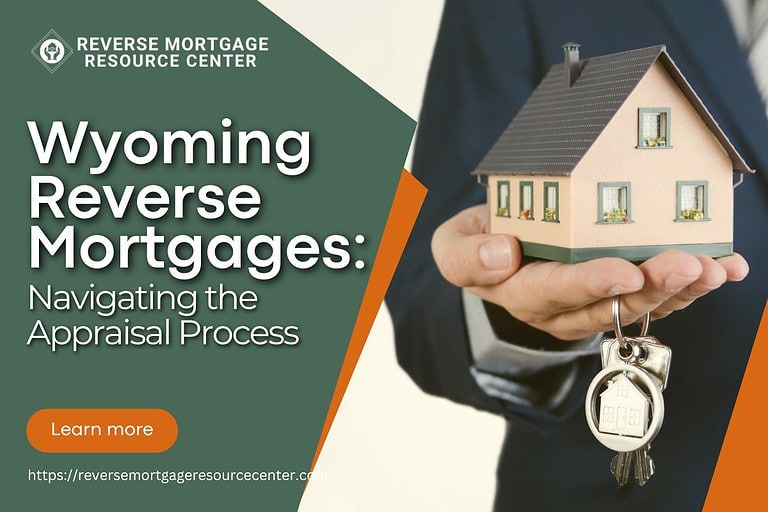Florida Reverse Mortgages: Disbursement Options and Insights
Florida is renowned for its warm climate, beautiful beaches, and vibrant retirement communities. For many seniors, Florida is not just a vacation destination; it’s where they spend their golden years. As retirees seek ways to supplement their income and maintain their quality of life, reverse mortgages have become an attractive financial option. In this article, we’ll delve into the world of reverse mortgages in Florida, specifically focusing on disbursement options and providing valuable insights to help you make an informed decision.
Understanding Reverse Mortgages
Before we explore disbursement options, it’s crucial to understand what a reverse mortgage is. A reverse mortgage is a unique home loan that allows homeowners aged 62 and older to convert a portion of their home equity into tax-free funds without selling their property or taking on new monthly mortgage payments. This financial tool can be a lifeline for retirees who want to access funds to cover living expenses, healthcare costs, home renovations, or simply enjoy a more comfortable retirement.
In Florida, the popularity of reverse mortgages has increased due to the state’s significant retiree population. The Sunshine State offers numerous financial institutions and lending options, making it a suitable environment for seniors seeking a reverse mortgage.
The Disbursement Options
You’ll encounter several disbursement options when considering a reverse mortgage in Florida. Each option has its benefits and considerations, so it’s crucial to understand them fully before deciding.
Lump Sum
The lump-sum disbursement option provides a one-time, upfront lump sum that allows borrowers to access a large portion of their home equity in a single transaction. This option is often chosen by homeowners with specific, immediate financial needs, such as paying off an existing mortgage, settling medical bills, or funding a major home improvement project.
Pros:
- Provides a substantial infusion of needed funds.
- No restrictions on how you can use the funds.
- Interest accrues only on the amount borrowed.
Cons:
- May affect eligibility for certain government assistance programs.
- Potentially high initial fees.
- Reduced access to any remaining home equity.
Line of Credit
A line of credit allows you to access funds up to a predetermined limit as needed. The unused portion of the credit line continues to grow, potentially providing more funds in the future. This option offers financial flexibility and can be an excellent choice for borrowers who want to keep their options open.
Pros:
- You can choose when and how much to withdraw.
- Interest accrues only on the borrowed amount.
- The credit line can grow over time.
Cons:
- May have an annual fee.
- The credit line growth rate can be affected by changes in interest rates.
- Funds may not be as readily available as with other options.
Term Payments
With the term payment option, borrowers receive monthly installments for a fixed term, usually between 5 to 10 years. This can be a suitable choice for retirees who need consistent, supplementary money for a specific period, such as to bridge the gap before they start receiving Social Security benefits.
Pros:
- Steady, predictable funds for a set period.
- Interest accrues only on the amounts received.
- Flexibility to plan for future financial needs.
Cons:
- Limited to a specific term.
- Monthly installments may not be sufficient for long-term financial stability.
- Remaining home equity may decrease over time.
Tenure Payments
Tenure payments provide borrowers with monthly funds for as long as they live in the home as their primary residence. This is ideal for those who want a continuous source of funds without worrying about outliving their reverse mortgage benefits.
Pros:
- Provides lifelong monthly installments.
- Interest accrues only on the amounts received.
- Ensures financial stability during retirement.
Cons:
- May result in lower total amounts compared to other options.
- The outstanding balance can reduce the inheritance for heirs.
- Potentially affects eligibility for certain government assistance programs.
Insights into Florida Reverse Mortgages
- Understand the Costs: While reverse mortgages can be a valuable financial tool, knowing the associated costs is important. These may include origination fees, closing costs, mortgage insurance premiums, and interest charges. Lenders are required to provide a clear disclosure of all fees, so carefully review these before proceeding.
- Mandatory Counseling: Borrowers in Florida, like in other states, must undergo counseling with a Department of Housing and Urban Development (HUD)-approved counselor. This counseling session aims to ensure borrowers fully comprehend the terms and responsibilities of a reverse mortgage.
- Maintain Property and Pay Property Taxes: As a reverse mortgage borrower, it’s essential to continue maintaining your property and staying current on property taxes. Failure to do so could lead to the loan becoming due and payable, potentially risking your homeownership.
- Eligibility Requirements: To be eligible for a reverse mortgage in Florida, you must be 62 years old and have substantial equity in your primary residence. The property must meet certain HUD standards and be your primary residence.
- Use the Funds Wisely: While the funds from a reverse mortgage can be used for any purpose, it’s advisable to use them judiciously. Consider creating a financial plan or consulting with a financial advisor to ensure the funds are used to best meet your needs and goals.
- Consider Alternatives: Reverse mortgages are not the only option for retirees needing additional funds. It’s a good practice to explore alternative sources of accessible funds or assistance programs that might be more suitable for your situation.
- Seek Legal Advice: Before committing to a reverse mortgage, it’s prudent to consult with an attorney or financial advisor who specializes in these financial instruments. Their expertise can help you make an informed decision and avoid potential pitfalls.
REVERSE MORTGAGE RESOURCE CENTER ~LIVE LIFE ON YOUR TERMS~
Our Lending Team has been serving our clients since 2004. We are passionate about serving our clients with integrity to help them achieve their financial goals.







